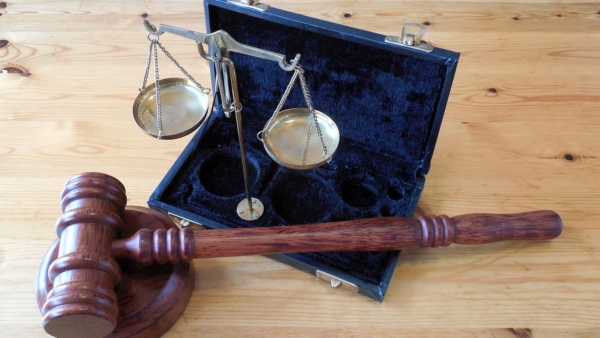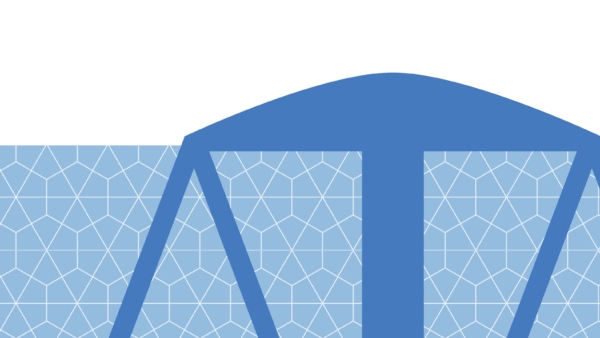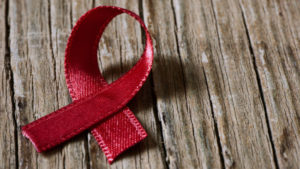Overview
South Korea’s AIDS Prevention Act 1987 includes a provision under Article 19 which states that a person living with HIV must not perform any sexual acts without using preventative measures (as prescribed by Presidential Decree), or acts which may transmit HIV through blood or bodily fluids. Failure to comply is punishable by up to three years’ imprisonment under Article 25(2).
HIV Justice Network is aware of several cases. In 2009, an HIV-positive man became the first person known to be prosecuted under the AIDS Prevention Act for having condomless sex without disclosing his HIV status. It was reported that he had had sex with at least ten women. The man was sentenced to 18 months in prison.
In 2010, a court refused to issue an arrest warrant for a teenage HIV-positive sex worker who was alleged to have had sex with 20 men without disclosure. The same woman was arrested in 2017 and testified that she had had sex with about 10 to 20 men without using a condom. The outcome of her trial is not known.
In October 2023, Articles 19 and 25(2) the AIDS Prevention Act came under challenge in the Constitutional Court. In its split decision, the Court found that both provisions were constitutional, but five of the nine justices found the provisions to be partially unconstitutional to the extent that they criminalise people living with HIV who “faithfully implements the treatment prescribed by a medical practitioner”. However, the court report suggests that the required quorum of six judges was not met to determine unconstitutionality.
Article 15 of the law also makes it an offence for people living with HIV to fail to comply with directions for medical treatment. Article 27(4) establishes a penalty of imprisonment of up to one year, or a fine up to three million won.
The Criminal Code includes a provision on aggravated bodily injury which includes within its definition the transmission of disease, but no cases have been reported regarding its use in relation to HIV.
Laws
AIDS Prevention Act 1987
Article 15. Compulsory Disposition
(1) If those infected who received the directions for medical treatment under Article 14, fail to comply with it, the Minister of Health and Welfare or mayor/governor may have a public official under his jurisdiction enter a residence or place in which those infected are to be found, and conduct a necessary investigation, and have them receive treatment.
Article 27. Penal Provisions
Any of the following subparagraphs, shall be punished by imprisonment for not more than one year or a fine not exceeding three million won:
(…)
(4) A person who fails to comply with a compulsory disposition under Article 15.
Article 19. Prohibition of Propagation Intermediary Act
The infected shall not perform any of the following propagation intermediary acts:
(1) Sexual acts without any preventative measure against infection as prescribed by the Presidential Decree; and
(2) Act to propagate others through blood or bodily fluids.
Article 25. Penal Provisions
Any person who falls under any of the following subparagraphs, shall be punished by imprisonment for not more than three years:
(…)
(2) A person who performs an intermediary act of propagation in contravention of Article 19.
Criminal Code 1998
Article 258. Aggravated bodily injury on other or on lineal ascendant
(1) A person who inflicts bodily injury upon another, thereby endangering one’s life, shall be punished by imprisonment for not less than one year nor more than ten years.
(2) The preceding paragraph shall apply to a person who, in consequence of injuring another, causes one to be crippled or incurably or hopelessly diseased.
(3) When the crimes of the preceding two paragraphs are committed on a lineal ascendant of the offender or of one’s spouse, one shall be punished by limited imprisonment for not less than two years.
Acknowledgements
Our thanks to Australian law firm Hall & Wilcox for their research assistance to confirm current relevant legislation.
HIV Justice Network's Positive Destinations
Visit the South Korea page on Positive Destinations for information on regulations that restrict entry, stay, and residency based on HIV-positive status, as well as access to HIV treatment for non-nationals.





